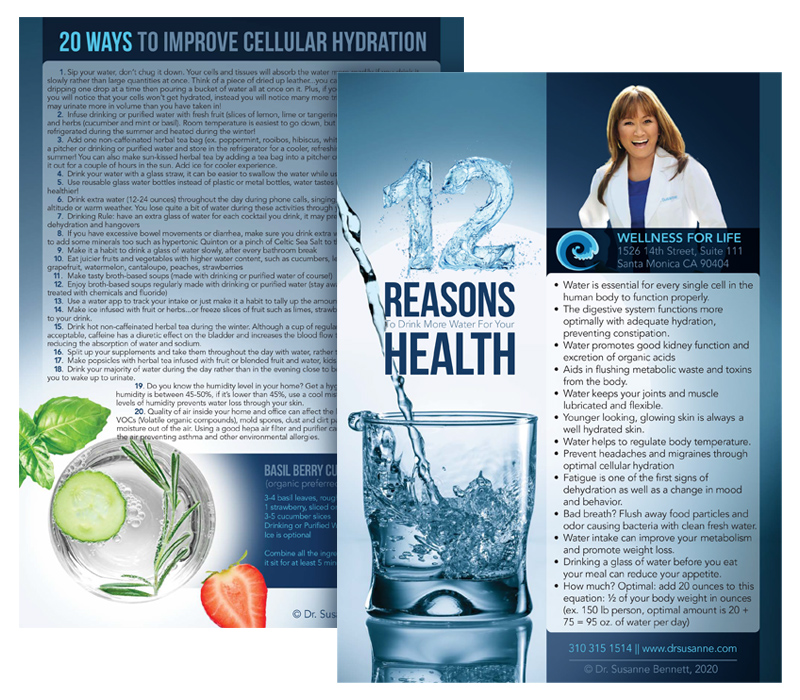To say that bladder infections are a pain is an understatement. Approximately 20% of all women will experience at least one bladder infection in their life, according to WebMD, and the discomfort involved can vary from person to person. A very common, easily misdiagnosed bladder infection is interstitial cystitis (IC), in which the wall of the bladder becomes inflamed. Since the cause of IC is unknown, it generally diagnosed by ruling out other infections involving the bladder, and can sometimes be misdiagnosed as a urinary tract infection.
There is great disparity between the symptoms each person experiences when diagnosed with IC, from urinary frequency and urgency, to lower abdominal pain. Researchers speculate it is because there are subtypes of IC, the two most recognized being non-ulcerative and ulcerative IC. The most common form of interstitial cystitis is non-ulcerative, which can present itself in the bladder wall with small, pinpoint hemorrhages. Ulcerative interstitial cystitis is a rarer form, experienced by about 5 to 10% of patients in which the bladder wall contains what are called Hunner’s ulcers, patches of red, bleeding areas.
While the cause of interstitial cystitis is still somewhat of a mystery, researchers have paired down a few causes that might contribute to it, including bladder trauma, bacterial infection, spinal cord trauma, pelvic floor muscle dysfunction, and autoimmune disorders. What I have noticed in my patients is that sometimes sensitivities to certain foods can cause IC. I find that reducing the intake of foods they might be sensitive or allergic to, like fruits, sugar, dark greens, yeast products, or bananas, greatly alleviates the symptoms of IC.
As of now treatment for IC usually involves pain medications, modifying the diet, physical therapy, electric nerve stimulation, or acupuncture, in addition to other remedies. I would suggest reducing certain foods in your diet first to see if that helps—the types of food you eat just might be the cause!
References:
http://www.ncbi.nlm.nih.gov/pubmedhealth/PMH0001508/
http://www.ichelp.org/Page.aspx?pid=329
http://www.webmd.com/a-to-z-guides/understanding-bladder-infections-basic-information



